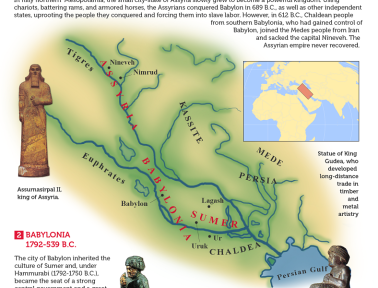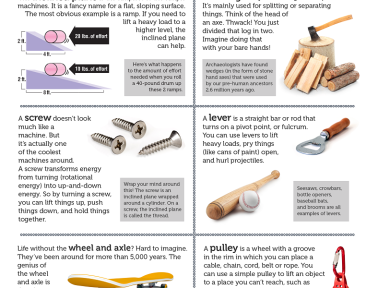It seems the older I get, the more I realize the importance of moderation. Over and over again, I find that answers lie in between dogmatic extremes. Perhaps nowhere is this realization more important than when considering approaches to early literacy.
When looking at the extremes of this discussion, you’ll find champions of developmentally appropriate practice who shy away from any intentional literacy experiences in the early years, relying on maturation alone to prepare young readers. On the other extreme are those who recognize and capitalize on the young brain’s amazing ability to acquire new skills by promoting and using programs designed to churn out “readers” at astonishingly young ages.
I am a big proponent of early literacy. I’m also a big proponent of developmentally appropriate practice. So how can the two possibly go together?
Here are a few things I have considered as I form my (ever-evolving) personal philosophy of developmentally appropriate approaches to early literacy.
First of all, I defer to the experts! Drs Carol Copple and Sue Bredekemp are recognized as experts on the topic of DAP, and Susan Neuman is a well-known literacy expert. Representing the IRA (International Reading Association) and NAEYC (National Association for the Education of Young Children) the three came together beginning in 1997 and crafted a joint position statement: Learning to Read and Write – Developmentally Appropriate Practices for Young Children. After that came even more in the form of a book by the same name (the intro is very informative and can be read here).
Within the position statement is a careful balance between the two extremes. In one point, the statement warns against holding to the extremes of maturationist view of reading development. It notes that withholding literacy experiences until formal schooling puts children at a disadvantage and slows their progress.
Following right on the heels of this point, however, the next statement in the paper warns that research showing the early years to be a valuable time for acquisition of literacy skills, too often leads to the implementation of teaching strategies that are inappropriate for young children. These practices (the statement specifies extensive whole-group instruction and intensive drilling on isolated skills) are not only inappropriate for young children, but also less effective in building readers than is teaching a broad range of early literacy skills within the context of meaningful experiences, creating connections, and building upon prior knowledge.
The statement recognizes that literacy does not begin when a child reads his first word. It doesn’t even begin when a child is introduced to his first letter. The foundations for reading begin long before. Early literacy skills include language and vocabulary, symbolic representation (think dramatic play), concepts of print, and phonological awareness. (Read more about promoting early literacy.)
These skills aren’t hurried by drilling toddlers with flashcards, expensive videos, or computer programs.
These foundational skills are best built through rich conversation, print-rich environments, imaginative play, reading and discussing books together, singing songs, and playing with sounds. Young children learn best in a culture of literacy, which may include snippets of direct instruction or very brief mini-lessons, but is largely based on emergent literacy, and those early literacy skills that provide the foundation for formal literacy and formal literacy instruction that will come later.
When I hear someone suggest that “formal instruction” of reading should wait until 6 or 7, I assume they don’t mean literacy shouldn’t intentionally be taught and developed in those younger children (that wouldn’t be in keeping with the position statement I cited above). I assume that they are referring to the need for children to develop these earlier foundational skills through an intentional but emergent curriculum, in order to be prepared for the more formal instructional found in the later grades.
I think much of the driving force behind the joint statement was the discussion between the two extreme schools of thought –– those that suggested learning to read was entirely developmental and who believed adults should take a hands-off maturationist approach, and those who believed that reading is an adult-driven, learned skill that requires formal, direct instruction.
It is my personal philosophy, and I believe it is the philosophy put forth in that position statement, that there is a “sweet spot” that lies between the two. There are developmental aspects that need to be honored, natural and meaningful understandings that need to be constructed, environments and experiences that add richness, self-learning that can be encouraged and promoted, and appropriate and responsive amounts of direct instruction depending upon age and developmental levels.
Sometimes finding the sweet spot is more work than is sliding to the extremes, but experts, research, and my own experience testify that that is where young readers thrive.
What is your personal philosophy about early literacy?
Top photo by Jose A. Warletta.
<!–
–>










